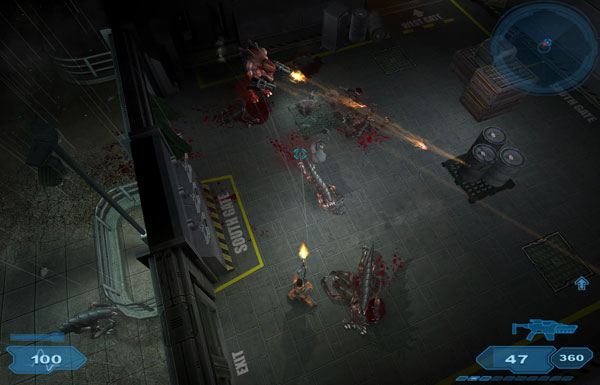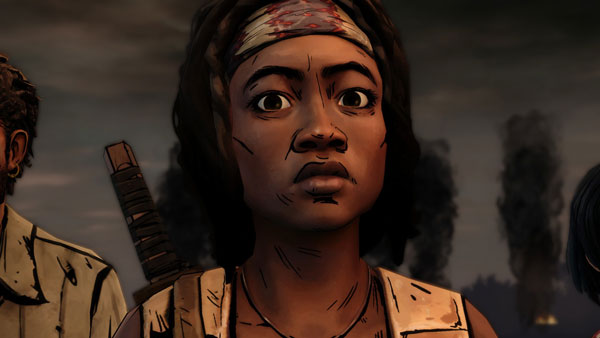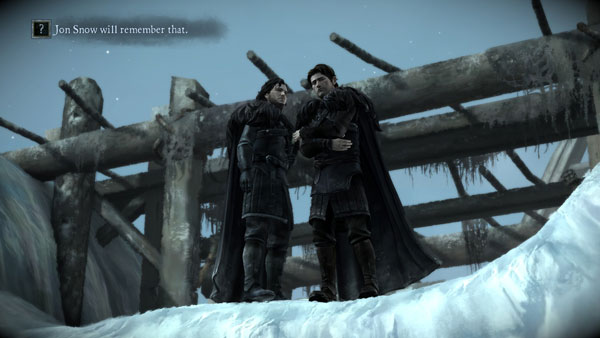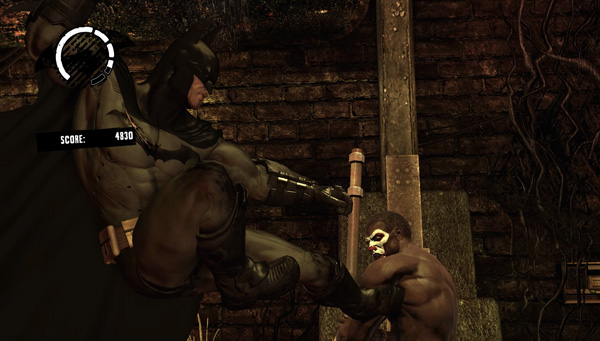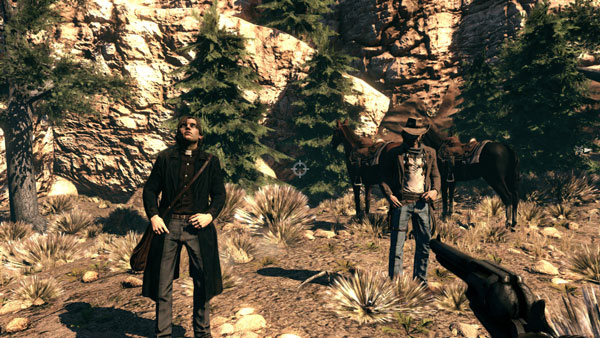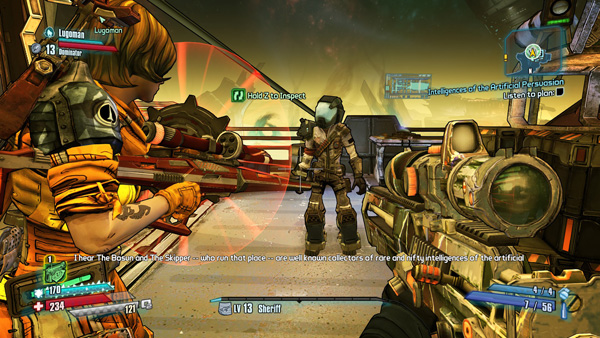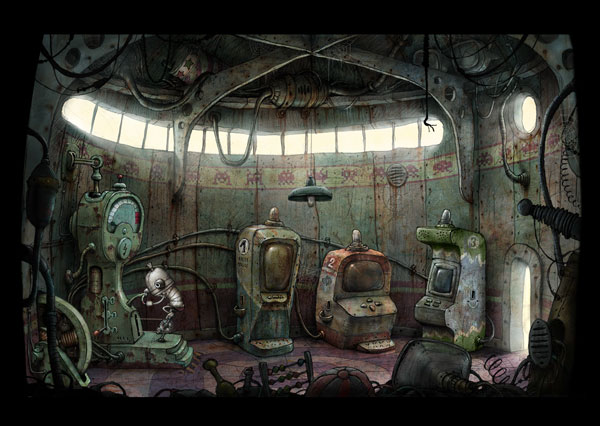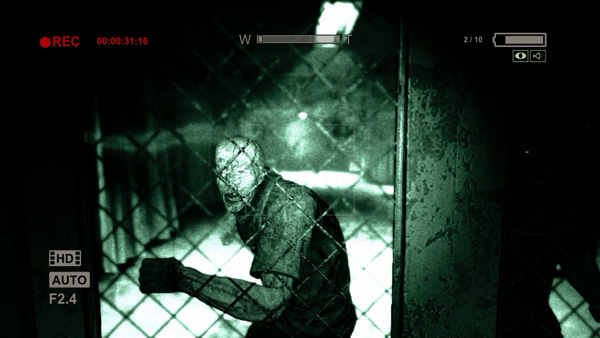Watch Dogs 2 on PC
Watch Dogs 2 is pretty much a straight up Grand Theft Auto clone. But instead of playing an immoral mobster who kills and destroys to achieve his goals, you play a righteous hacker who kills and destroys to achieve his goals. I think the game is going for a light-hearted tone, but all the indiscriminate murdering kinda gets in the way of that. Mowing down waves of security guards doesn’t strike me as a appropriate response to an Internet company knowing your search history.
I suppose the humor is directed at Millennials, with their social medias and unending quest for likes and shares. The main characters are fashionable hipsters who trounce around pointing their phones at anything electronic in order to “hack” it (and if that doesn’t work, kill, kill, KILL!). You are literally causing all this mayhem in order to gain “followers” which will somehow strengthen your cause… I guess? I don’t know. The primary story line was goofy and not that interesting.
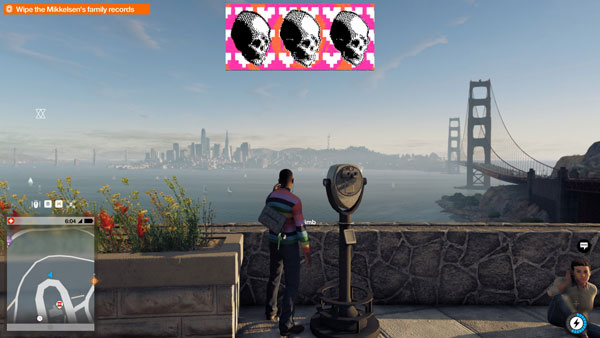
The main attraction here is the vast, open-world recreation of San Francisco. The detail is just astounding. The city is filled with collectible items and the usual sort of side quests that all of these open-world games have (the last three Ubisoft games I’ve played all feel like re-skinnings of the same system). This formula is getting pretty stale and without a catchy gimmick or an engaging story, these games can become a bit tedious after a while.
The main twist here is that you can use your mad haxxor skillz to make machines do your bidding. A scissor lift can take you to a rooftop, cars can crush foes on their own, junction boxes can be remotely blown up, and you can do something useless with traffic lights. The problem is, in most cases a gun did a better job at getting things done. I wanted to use stealth and tactics but it seemed like every time I used my “stealth” zapper, a guard on the other side of the map would hear me and then all bets were off. Maybe I just suck at the game, but at least I could buy Crocs™ foam shoes with my in-game earnings.


